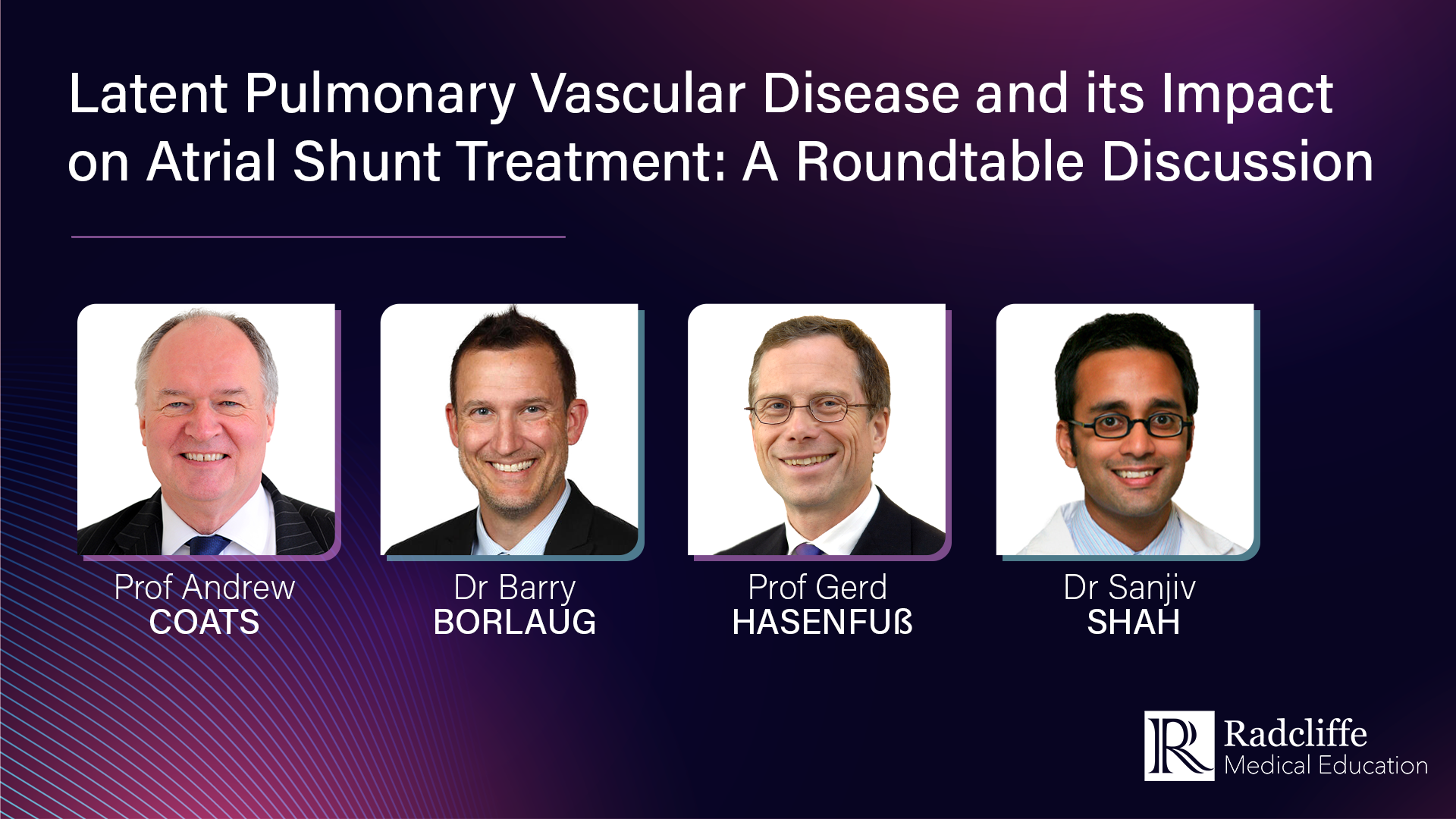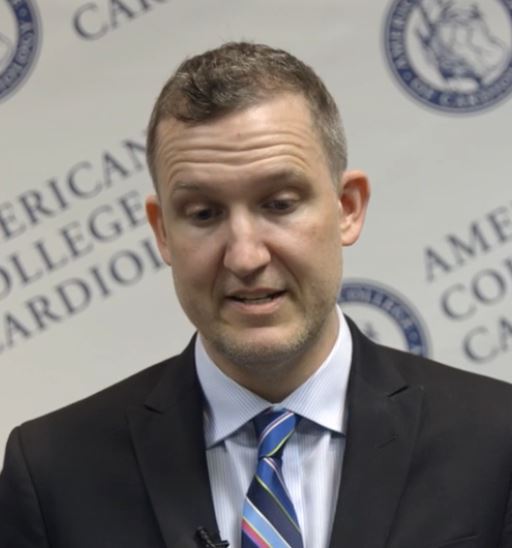Device Management in HFpEF and HFmrEF: Insights From the REDUCE LAP-HF II Trial
Published: 24 January 2022
-
Views:
 9311
9311
-
Likes:
 7
7
-
Views:
 9311
9311
-
Likes:
 7
7
Overview
HF with preserved ejection fraction (HFpEF) remains an unmet need, however new therapeutic strategies are emerging to improve quality of life and clinical outcomes. Although medical therapy is the cornerstone of treatment for individuals with EF ≥40%, there is a considerable need for approaches that extend these benefits to individuals who remain symptomatic following medical therapy.
The following videos aim to educate physicians in the changing landscape of the device management of HFpEF.
Learning Objectives
- Explain the clinical rationale behind an atrial shunt in HFpEF
- Recall overall and pre-specified sub-group results from the REDUCE LAP-HF II trial
- Describe the clinical features of likely responders and non-responders to an atrial shunt
- Identify which HFpEF patients are likely to benefit from the use of an atrial shunt
- Discuss the utility of cardiac interventions for the future treatment of HFpEF
Target Audience
- Heart Failure Specialists
- General Cardiologists
More from this programme
Part 1
Data Presentation
Part 2
Roundtable Discussion
Faculty Biographies

Andrew JS Coats
Professor of Cardiology and Scientific Director
Prof Coats is Editor-in-Chief of the Cardiac Failure Review journal. He has published over 20 patents, more than 750 full research papers and more than 120,000 career citations and has a personal H-index of 146. Andrew was elected to the Presidential Trio of the Heart Failure Association of the ESC in 2018 and will serve as its president from 2020-2022.
Prof Coats is the Immediate past-President of the Heart Failure Association and past-Professor of Cardiology at the University of Warwick, UK. He has also held posts as Head of Cardiology at Imperial College, London and Associate Medical Director and Director of Cardiology at the Royal Brompton and Harefield Hospitals, London. From 2012 to 2017 he was Director of the Monash-Warwick Alliance, and before that served as Deputy Vice-Chancellor and Dean of Medicine at the University of Sydney.
He is an…

Gerd Hasenfuß
Professor of Internal Medicine, Director of the Department of Cardiology and Pulmonology
Prof Gerd Hasenfuß is a Professor of Internal Medicine, Director of the Department of Cardiology and Pulmonology, Georg-August-Universität Göttingen; Chairman of the Heart Center and the Herzforschungszentrum Göttingen; Head of Internal Medicine, Clinic and Rehabilitation Center Lippoldsberg gGmbH.

Sanjiv Shah
Professor
Dr Sanjiv Shah’s clinical expertise and research program are focused on HFpEF and in 2007, Dr Shah started the first dedicated HFpEF program in the world at Northwestern University.
His research, which spans basic research in animal models, clinical physiologic studies, human clinical trials, and population-based epidemiology studies, has highlighted the heterogeneity and systemic nature of the HFpEF syndrome, and has improved the understanding of the risk factors, pathogenesis, and pathophysiology of HFpEF.
He is an internationally recognised leading authority on HFpEF and routinely lectures at international cardiology meetings, continuing medical education meetings, and academic institutions.








